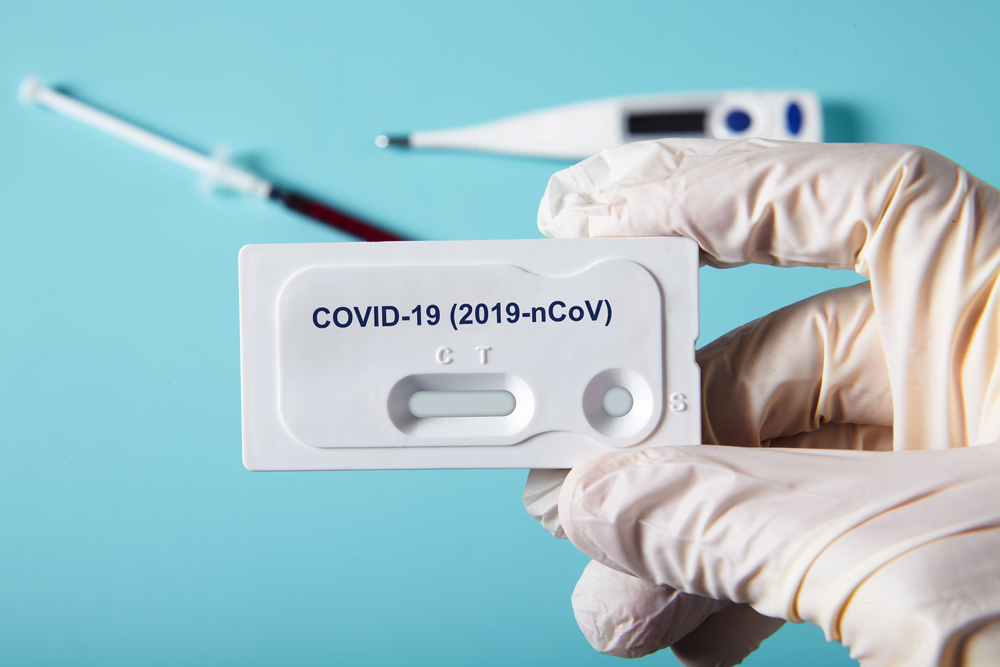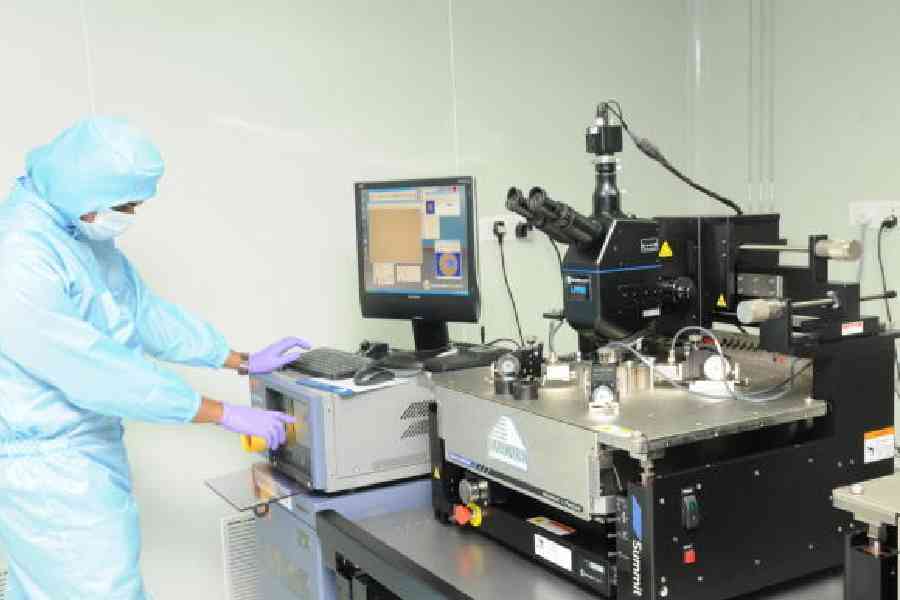A medical panel has proposed testing pregnant women seeking prenatal care, patients without respiratory symptoms, and healthcare workers in 80 district hospitals across India to determine the extent of the coronavirus infection amid evidence of community spread.
The proposal by a 12-member expert group, set up by the Indian Council of Medical Research, seeks to test 200 samples from pregnant women or patients without respiratory symptoms and 100 samples each from asymptomatic healthcare workers and patients with severe acute respiratory illness.
The group has suggested this “sentinel surveillance” plan, which would rely on standard diagnostic tests, as an alternative to its earlier proposal to periodically sample asymptomatic people from 400 households in all districts using rapid antibody tests.
In parallel, four states — Bengal, Karnataka, Kerala and Tamil Nadu — have expressed interest in continued surveillance, either once every two weeks or once a month, in all districts, researchers familiar with these discussions have told The Telegraph.
The purpose of both these surveillance plans remains what the household surveillance plan had sought to do: determine the extent of the spread of the new coronavirus across the country, the researchers said.
The Union health ministry on Friday recorded 3,390 new patients with coronavirus disease (Covid-19), raising the number of confirmed cases to 56,342. More than 37,900 patients are in hospital, 16,540 have recovered and 1,886 have died.
Amid this growth, the sentinel surveillance plan is expected to bolster evidence for community spread of the virus.
A study published by the ICMR last month had detected Covid-19 in patients with severe acute respiratory illness in at least 36 districts across the country.
However, the health ministry has consistently denied community transmission, baffling many senior epidemiologists and doctors who say there is ample evidence of community spread.
While the ICMR study examined patients with severe acute respiratory illness in hospital, the sentinel surveillance plan will expand the testing to what epidemiologists call “low-risk” groups, or people who are at low risk of picking up the infection.
Women visiting district hospitals for prenatal checkups or patients seeking treatment for other conditions would be low-risk populations, a senior physician-researcher said. Patients admitted for severe respiratory illness and asymptomatic healthcare workers would be high-risk groups.
“Such a surveillance would be useful — but we’re late,” said Oommen John, a public health expert at The George Institute for Global Health, who is not associated with the ICMR or the expert group.
“It will give us one snapshot of prevalence — this would ideally be needed to be repeated to understand how infection patterns in specific places change over time,” John told this newspaper.
Senior physician-researchers who requested not to be named said the alternative surveillance plan had to be designed after it became clear that the antibody tests would not be immediately available.
The ICMR had last month imported over 500,000 antibody test kits from two Chinese companies after they had been validated by its own laboratory but rejected them saying they had failed in field tests.
The alternative use of diagnostic kits that look for viral genetic material come with a limitation. These tests look for and amplify viral genetic material likely to be found in patients with active infection. The antibody test kits were supposed to identify even people who had previously been exposed to the coronavirus.
The number of districts that have not reported Covid-19 cases so far has shrunk from 356 on April 15 to 216 on May 8. However, the health ministry said 42 districts have not reported fresh cases for 28 days, while 36 districts have not reported fresh cases over the past 14 days.
The health ministry also said on Friday that India’s doubling time for total infections had decreased over the past two days from 12 days to 10 days, due to daily spikes in cases, exceeding 2,900 every day, over the past four days. The doubling time before the lockdown had been three days.










